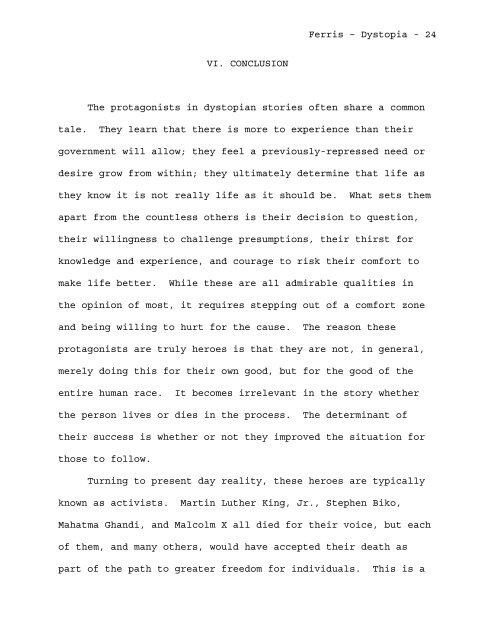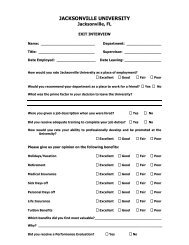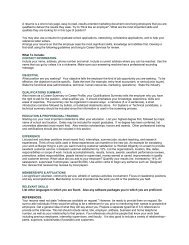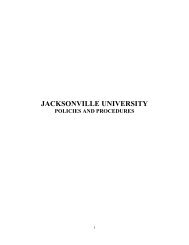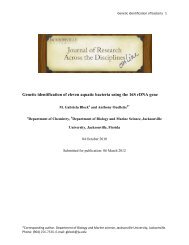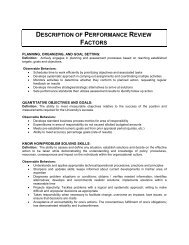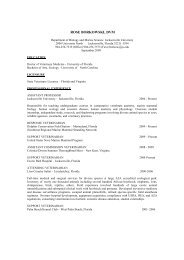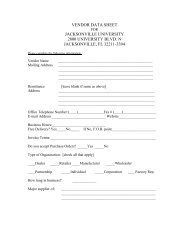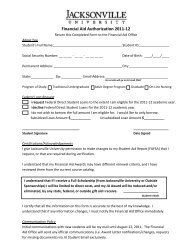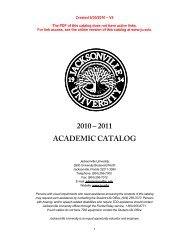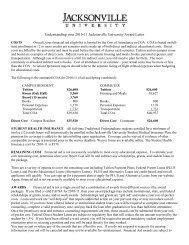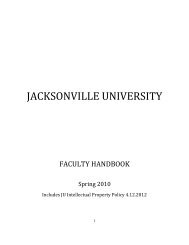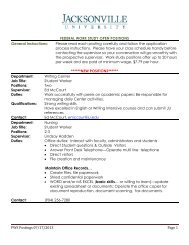A STUDY IN DYSTOPIAN FICTION by Harley Ferris ENGL 487 ...
A STUDY IN DYSTOPIAN FICTION by Harley Ferris ENGL 487 ...
A STUDY IN DYSTOPIAN FICTION by Harley Ferris ENGL 487 ...
Create successful ePaper yourself
Turn your PDF publications into a flip-book with our unique Google optimized e-Paper software.
<strong>Ferris</strong> – Dystopia - 24<br />
VI. CONCLUSION<br />
The protagonists in dystopian stories often share a common<br />
tale. They learn that there is more to experience than their<br />
government will allow; they feel a previously-repressed need or<br />
desire grow from within; they ultimately determine that life as<br />
they know it is not really life as it should be. What sets them<br />
apart from the countless others is their decision to question,<br />
their willingness to challenge presumptions, their thirst for<br />
knowledge and experience, and courage to risk their comfort to<br />
make life better. While these are all admirable qualities in<br />
the opinion of most, it requires stepping out of a comfort zone<br />
and being willing to hurt for the cause. The reason these<br />
protagonists are truly heroes is that they are not, in general,<br />
merely doing this for their own good, but for the good of the<br />
entire human race. It becomes irrelevant in the story whether<br />
the person lives or dies in the process. The determinant of<br />
their success is whether or not they improved the situation for<br />
those to follow.<br />
Turning to present day reality, these heroes are typically<br />
known as activists. Martin Luther King, Jr., Stephen Biko,<br />
Mahatma Ghandi, and Malcolm X all died for their voice, but each<br />
of them, and many others, would have accepted their death as<br />
part of the path to greater freedom for individuals. This is a


